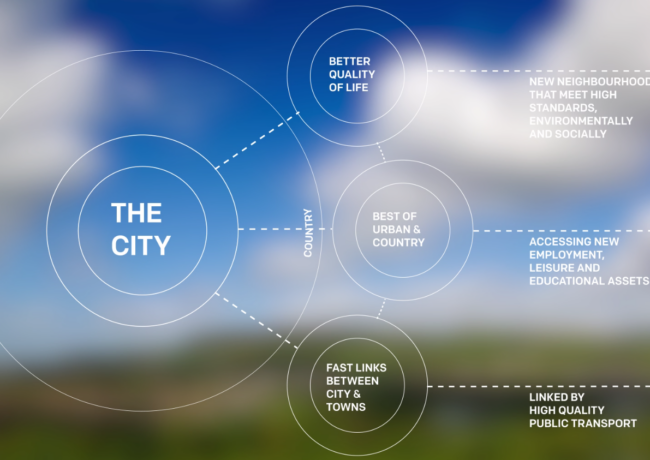RTPI urges combined authorities to take tech lead
 New technology can help city regions tackle complex economic, social and environmental challenges by enabling strategic planning to be done more easily and effectively, according to a new paper published by the Royal Town Planning Institute.
New technology can help city regions tackle complex economic, social and environmental challenges by enabling strategic planning to be done more easily and effectively, according to a new paper published by the Royal Town Planning Institute.
In Better Planning: Smart City-Regions, the RTPI said the recent devolution agenda offers new opportunities for combined authorities to create joined-up plans for housing, infrastructure, health and the environment at the scale of city regions.
However, this process will not be easy. The National Audit Office recently warned that combined authorities are at risk from a lack of resources, internal political tensions, and the complexity of their mandate. The NAO cautioned that this model of government could become just another ‘curiosity of history’.
To be successful, the RTPI argues, combined authorities will need to understand complex economic, social and environmental trends, build consensus between a wide range of stakeholders, and develop long-term plans in conditions of uncertainty. New approaches are needed to support this wave of strategic planning, the paper’s authors explain.
James Harris, RTPI policy officer, said: “Smart-city initiatives show that big data and new technology can improve the efficiency of infrastructure networks and many aspects of city life. But the benefits can go much further.
“By applying technological innovation to strategic planning, we can help combined authorities develop plans for cities and their surrounding areas, including towns and rural areas. New types of data can help them tackle a broad range of issues such as growing regional divide, housing, health, and climate change.
“By combining the smart city agenda with the potential offered by devolution, we can start to create smart city regions.”
The paper lists examples of new approaches to strategic planning which are already being used at the city region scale. These include integrated infrastructure maps used in Greater London and Greater Manchester, which combine data from a range of sources to help planners better understand the impact of development. They also include 3D models which could support public engagement with planning.
The Institute is embarking on a number of projects to explore how city-regions can plan more effectively by using data and technology.
The Institute would like to hear from planners who are experimenting with innovative approaches to strategic planning, either in the public or private sector. This could include:
- Local or combined authorities which are using new data and technology to develop integrated spatial plans at the scale of city-regions and county-regions, or to model the impact of different development patterns on issues like transport, health and climate change
- Data which is helping planners to develop integrated plans with different sectors, such as housing and public health
- Tools and approaches which can be used to engage the public in strategic plan-making
To find out more and get involved, please contact: james.harris@rtpi.org.uk




